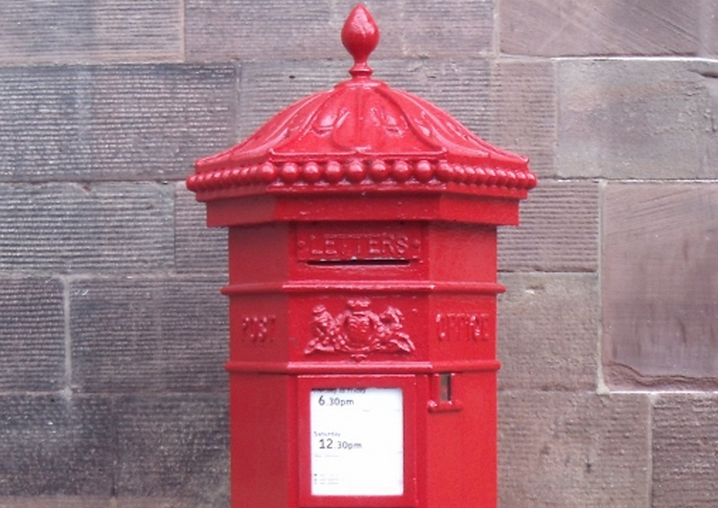 The UK government completed the privatisation of the Royal Mail on Tuesday. It raised £591.1 million from selling its final stake in the business at 455p a share.
The UK government completed the privatisation of the Royal Mail on Tuesday. It raised £591.1 million from selling its final stake in the business at 455p a share.
The government sold a 13-percent stake to institutional investors, while Royal Mail workers were awarded a 1% stake.
In total the government has managed to raise £3.3 billion from the Royal Mail privatisation, which began in December 2013. Proceeds have gone towards paying down the national debt. The national debt is the total outstanding borrowing of the government.
Chancellor of the George Osborne said: “This is a milestone moment in the long and proud history of the Royal Mail, when we secure its long-term future.
“By fully leaving state ownership we have a win all round – for customers, the workforce and the taxpayer. And every penny will be used to pay down our national debt as we continue to bring our public finances under control.
“Once again, we are also going to recognise the hard work of the staff who have done a great job in turning the company around, and give them a 1 per cent stake to share between them.”
Business Secretary Sajid Javid said the sale represented “the right step for the Royal Mail, its customers and the taxpayer”.
He added: “This is a truly historic day for Royal Mail with the workers gaining a share of this history.
“We have delivered on our promise to sell the Government’s entire remaining stake which means that for the very first time the company is now wholly owned by its employees and private investors.
“Proceeds will also go to help pay off the national debt – a crucial part of our long-term plan to provide economic security for working people.”
However, the move was heavily criticised by the Communication Workers Union (CWU).
“The remaining government share in this profitable company should have been used to safeguard the public’s voice in Royal Mail and ensure the continuation of daily deliveries to every address in the country,” said CWU general secretary Dave Ward.
“The Tories have instead chosen an ideological course that puts the fundamental ethos of a centuries-old national institution in jeopardy.”
The government was also criticised for setting an initial price of 330p, which some believe was far too low.
A report last year revealed that the government raised £180m less from the initial sale than it could have, adding that the initial price per share could have been up to 30p higher because of the high level of demand.
